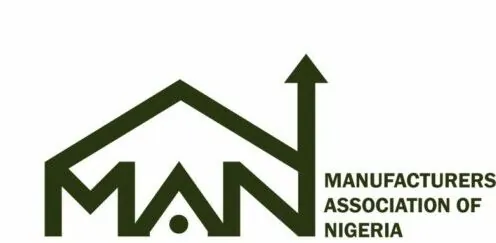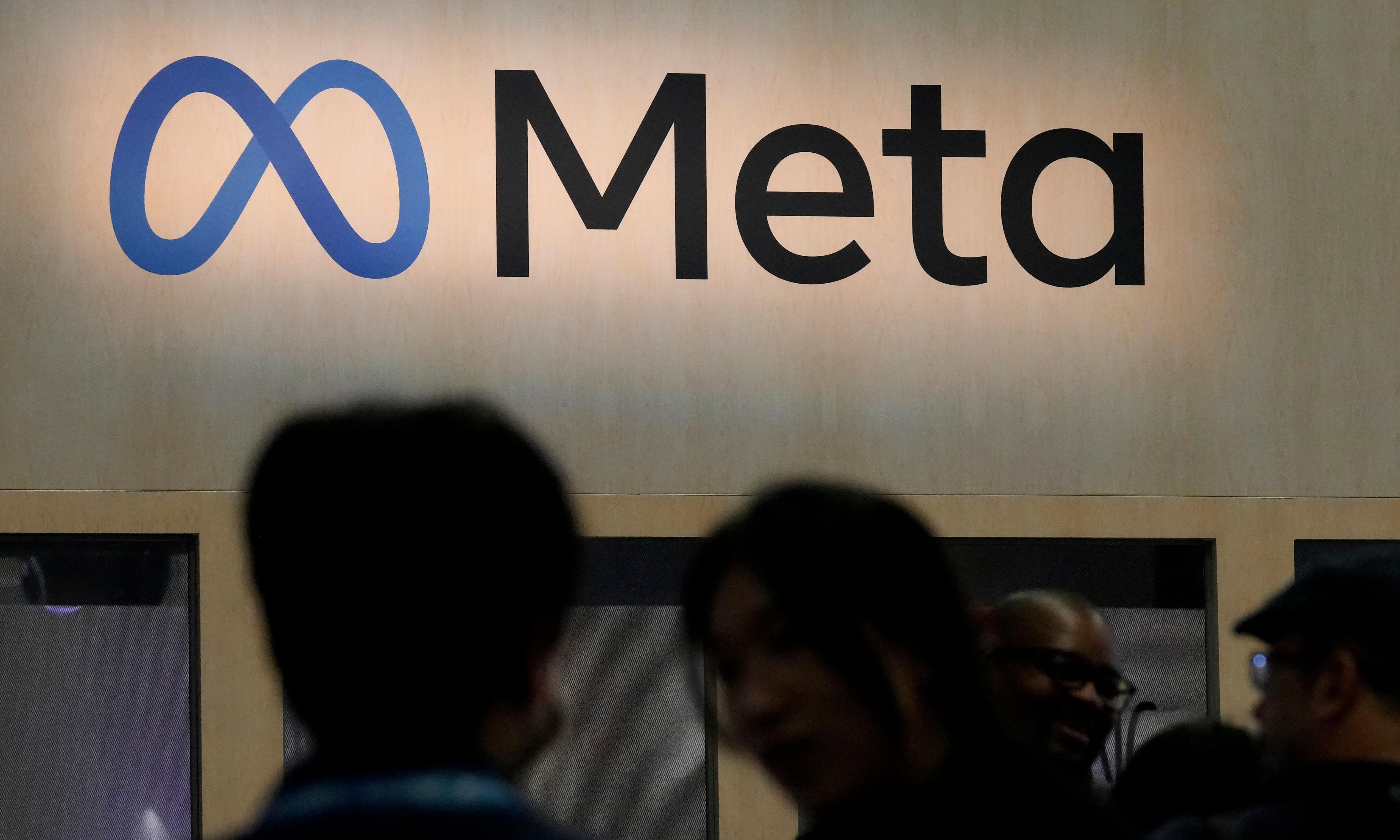Copyright tribuneonlineng

The Manufacturers Association of Nigeria (MAN) has projected a brighter economic landscape for 2026, with expectations of a stronger naira, eased inflationary pressures and improved credit conditions for businesses. At a news conference in Lagos during the 2025 MAN Think Tank Session, Dr. Oluwasegun Osidipe, MAN’s Director of Research and Economic Policy, said the association’s analysis suggested that ongoing reforms and favourable market dynamics could pave the way for renewed economic growth. Osidipe stated that the naira is forecast to appreciate to between ₦1,300 and ₦1,400 per U.S. dollar next year, supported by stronger external reserves, rising global oil prices, increased foreign investment and growth in diaspora remittances. He also projected a slowdown in inflation to about 14 percent in 2026, driven by expected stability in energy pricing, moderating food costs and the anticipated strengthening of the local currency. On monetary policy, the MAN economist said the Central Bank of Nigeria (CBN) could lower the benchmark interest rate to around 23 per cent to reflect easing inflation while also improving credit access to productive sectors. “Reduced lending rates and the conclusion of ongoing bank recapitalisation will boost manufacturers’ access to finance, raise investment levels and enhance capacity utilisation across the sector,” he said. With improving macroeconomic conditions, MAN forecasts real manufacturing growth of 3.1 percent in 2026, and an increase in the sector’s share of national output to 10.2 per cent, as policy reforms begin to yield tangible benefits. Osidipe stressed that delivering these outcomes will require strict execution of industrial and fiscal reform initiatives, including the National Single Window to accelerate trade processes, new tax incentives to spur investments and the Nigeria Industrial Policy anchored on a “Nigeria First” development approach. The association projects national GDP growth of 4 per cent next year, supported by higher oil output, fiscal stability and increased consumer spending expected during the 2026 election cycle. He added that sustained momentum in the financial and manufacturing sectors would remain key to unlocking a broader and more inclusive economic recovery. Also, the Director General Segun Ajayi-Kadir noted a modest rise in confidence among over 500 CEOs, from 50.3 in Q2 to 50.7 in Q3, indicating a cautiously improving outlook for the sector. Ajayi highlighted slight improvements in current business and employment conditions attributed to disinflation and a stable exchange rate, though a decline in production conditions was linked to industrial disputes in the oil and gas sector. He expressed optimism for future indices, driven by policy adjustments, including a benchmark interest rate cut and tax incentives for local sourcing of raw materials. Ajayi emphasized that a framework focused on private sector participation could enhance industrial competitiveness and stimulate investment. He cautioned that the sector still faces challenges from high inflation and interest rates, requiring deliberate interventions to sustain growth. The Association President, Otunba Francis Meshioye, however, described the 2025 MAN Think Tank and MCCI as crucial platforms for analyzing manufacturing performance and developing a positive roadmap for the industry.



